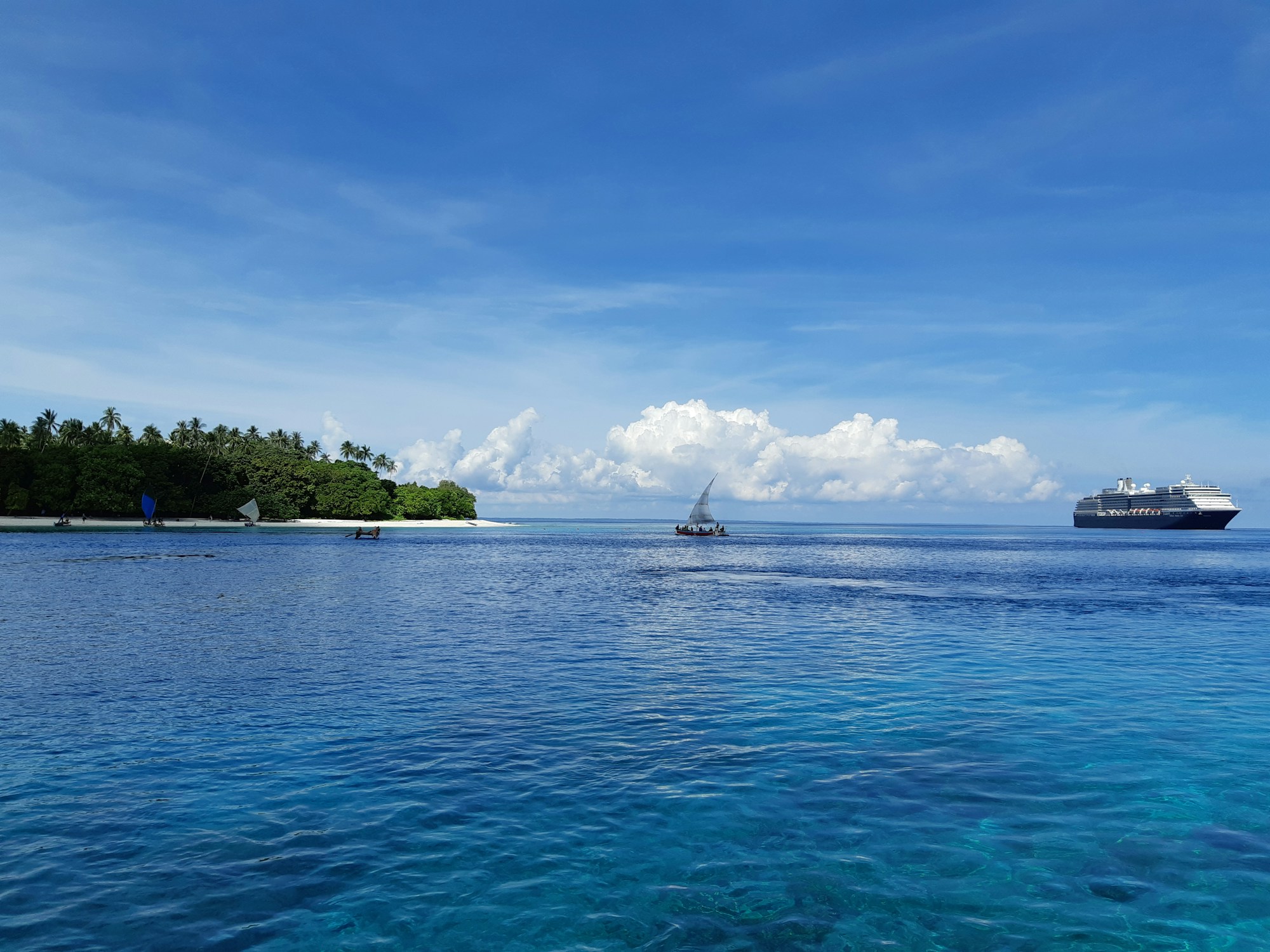Exploring Guinea-Bissau: Culture, History, Festivals

Exploring Guinea-Bissau: Culture, History, Festivals
Welcome to Guinea-Bissau, a country located on the west coast of Africa known for its rich culture, fascinating history, and vibrant festivals. This travel guide will take you on a journey through this hidden gem, providing insights into its cultural heritage, historical landmarks, and the colorful celebrations that bring the nation together.
Culture
The culture of Guinea-Bissau is a melting pot of various ethnic groups, including the Fulani, Mandinka, and Balanta, each contributing to the country's unique identity. One of the most prominent aspects of the culture is the traditional music and dance, which plays a significant role in daily life and special occasions. The rhythms of Guinea-Bissau are infectious, and you'll often find locals dancing to the beat of the drums.
The cuisine of Guinea-Bissau is influenced by its coastal location and offers a range of delightful flavors. Seafood, rice, yams, and palm oil are staple ingredients in traditional dishes. Don't miss an opportunity to try the national dish, Jollof rice, which is a flavorful combination of rice, vegetables, and spices.
History
Guinea-Bissau has a rich and tumultuous history, having been ruled by various empires and colonial powers throughout the centuries. The country gained independence from Portugal in 1974 after a prolonged struggle led by the PAIGC (African Party for the Independence of Guinea and Cape Verde).
While in Guinea-Bissau, you can explore the remnants of its colonial past, such as the historic city of Bissau, where you'll find Portuguese-style architecture, charming squares, and colorful markets. The National Museum in Bissau is also a must-visit, offering insights into the country's history and culture.
Festivals
The festivals in Guinea-Bissau are vibrant, energetic, and deeply rooted in tradition. One of the most significant celebrations is the Carnival, held annually in February or March. During this time, the streets come alive with colorful parades, music, and dancing. It's a fantastic opportunity to immerse yourself in the local culture and witness the joyous atmosphere.
Another popular festival is the Tabanka, celebrated by the Balanta ethnic group. Tabanka is a harvest festival that takes place in April or May, where the community gathers to give thanks for the bountiful harvest. The festival involves singing, drumming, and dancing, capturing the essence of Balanta culture.
If you happen to visit Guinea-Bissau in December, you'll have the chance to experience the Fanado Festival. This religious festival is a mixture of animist beliefs and Islam, where practitioners seek spiritual healing and divine guidance through traditional rituals.
Whether you're a history enthusiast, a music lover, or simply seeking an immersive cultural experience, Guinea-Bissau has something to offer. From exploring its historical landmarks to attending lively festivals, you'll be captivated by the country's charm and warmth.
